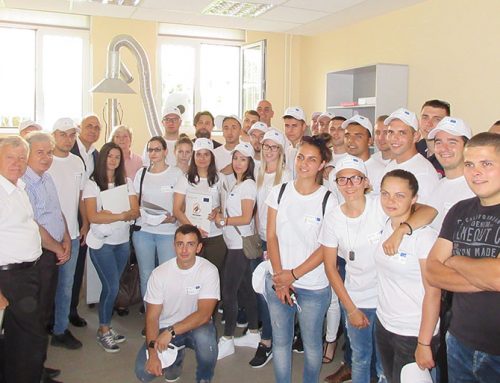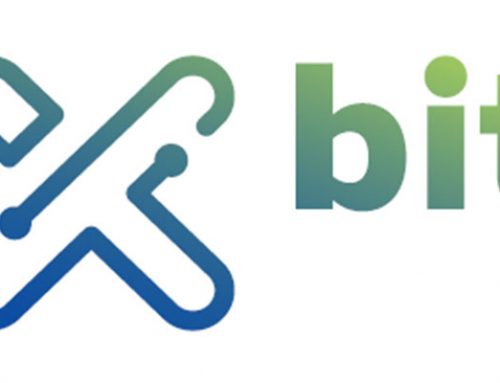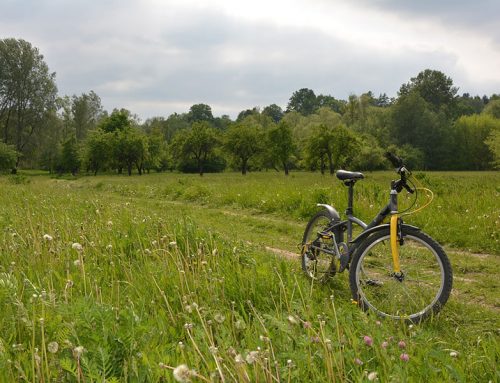Raška is a small town in South West Serbia. The area, along with South Serbia, is one of the country’s poorest regions. Finding employment is difficult – and for anyone with a disability, it can seem an almost impossible challenge. A poor public perception of disability means that local employers generally overlook the needs and skills of people with disability, favouring those who are fully-abled.
But small steps are now being taken to improve that perception. In March 2011, the European Partnership with Municipalities Programme (PROGRES), which is co-funded by the European Union and the Swiss government, agreed to invest in a project to equip a small furniture making workshop in Raška, where disabled people could be trained to make simple pieces of furniture.
Carving out a new future
Run over nine months, the Helping Employment of Persons with Disabilities project used its budget – of which just over €6,000 was funded by the EU – to fit out a workshop with appropriate equipment for disabled people, and oversee the training of 10 people with disabilities in the art of furniture making.
The results were encouraging: not only was the workshop equipped for the use of people with disabilities, 10 disabled people completed the furniture-making course, three of whom immediately gained six-month’s paid employment producing wooden information boards for the nearby Golija Nature Park. The association that ran the project also won work for 7 other disabled people at the Park too.
Public perceptions
Typically, disabled people in Serbia come from socially vulnerable families, have no jobs and depend on modest government assistance. As a result, they tend to remain on the margins of society. Serbia has endeavoured to improve their status, by helping persons with disabilities through a range of legal and institutional mechanisms. At grass-roots level, however, some of the most significant changes in public perceptions of disability are made by social projects, like the Raška initiative, where disabled people become actively engaged in community life.
These projects also serve to improve disabled people’s self-perception. During their training on the PROGRES-funded project, participants learned new skills to improve their chances of getting a job and came away with far greater self-esteem as a result. Says Zlatan Vukosavljević, president of the Citizens’ Association for Support to the Persons with Disabilities: “Even before the end of the project, we got a first paid job which helps to increase motivation and self-confidence among persons with disabilities, which helps them better integrate into society.”
PROGRES supports both small and large-scale projects that help to boost the overall living conditions and economic development of the municipalities of southern Serbia. This latest disability project is just one of many similar community activities funded through its Citizens Involvement Fund.
More information
Project: Helping Employment of Persons with Disabilities
Implemented by: European Partnership with Municipalities Programme
EU PROGRES, www.progresprogram.org



